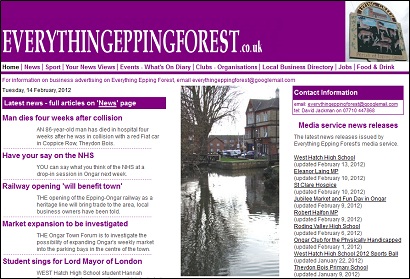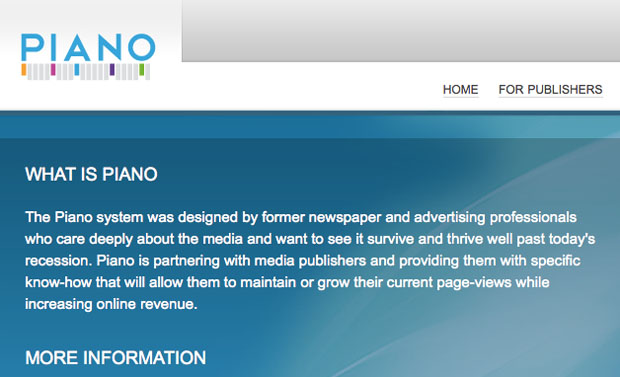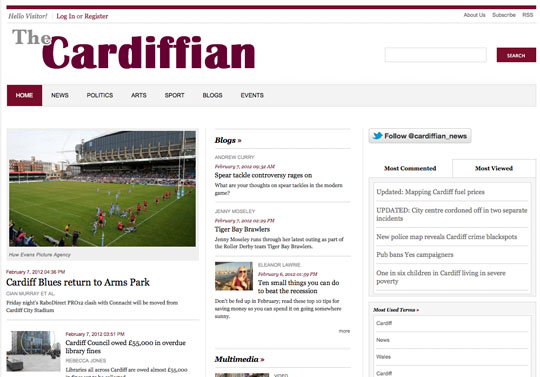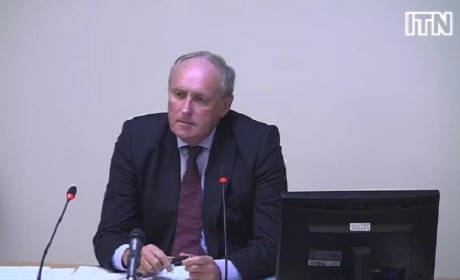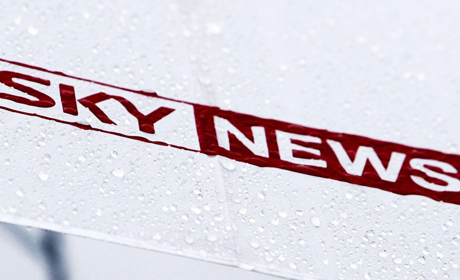
It started with a tweet from BBC News channel controller Kevin Bakhurst
The guidelines, seen by the Guardian, state:
Guardian reporter Josh Halliday said last night:
Sky News battening down hatches on this one. Told new guidelines are non-negotiable – how long will they last??
A hashtag campaign soon got under way to #savefieldproducer – Sky’s popular digital news editor Neal Mann, who has more than 40,000 followers on Twitter.
He replied:
Been a busy day, for those asking me questions about social media policy,I can’t really answer because I didn’t take part in the discussions
In a Reuters piece headlined “Sky News longs for Victorian internet, applies dark age social policy”, Anthony de Rosa writes:
These new rules will hamstring Neal and make it difficult, if not impossible, for him to continue to do what he did to garner so much appreciation from people like me. I suspect Sky will come to their senses and realize the error of their ways. If not, they’re going to lose one of their best ambassadors in Neal, and I would suspect many people working at Sky may wonder if they’re working for an organization that is writing policies that will drive them into obsolescence.
The FT’s Ben Fenton says competitors are likely to benefit:
Just as you never get good search-engine optimisation if you don’t link to outside sites, so anyone who steadfastly refuses to be anything but a puff factory for their own brand will gradually loses friends.
This step will also be likely to offer a competitive advantage to other news sources, such as ITV News or the BBC, enlightened enough to see beyond the blinkers of brand identity.
The move, does, however have some supporters. Sunny Hundal, on the Liberal Conspiracy blog, writes:
The ban on RTs makes sense if you acknowledge their worry that disputed links or info by their journalists could reflect on Sky News itself.
Is it any surprise editors at Sky News feel that a RT not meant as an endorsement could be interpreted in that way anyway? After all, people still attack me for publishing editorials on LC even if I disagree with those views. Once a Twitter mob gets going it’s very difficult to calm it down.
Of course this also implies Sky News editors don’t want to give their own journalists too much leeway in using their judgement. But all the broadcasters have hefty rule books for journalists (I expect the BBC will follow Sky), so this isn’t that surprising.
And Fleet Street Blues says the new policy has some logic to it:
It makes no sense for Sky News to pay journalists to break stories through another medium. It makes no sense for them to pay journalists to amass personal social media followings by promoting rival news outlets. And it makes no sense for them to pay journalists to report through a medium outside its own editorial controls.
Sky News said in a statement last night:
Sky News has the same editorial procedures across all their platforms including social media to ensure the news we report is accurate.
Rupert Murdoch replied this morning:
I have nothing to do with Sky NewsWhat do you make of the new policy? Is it enforceable? What effect might it have on Sky’s reputation?
Gabrielle Laine Peters has put together an excellent Storify of tweets and opinion around the Sky directive. Here is her collated selection called Sky News new social media guidelines get Twitter buzzing.
Elana Zak has also used Storify to collage reactions.

